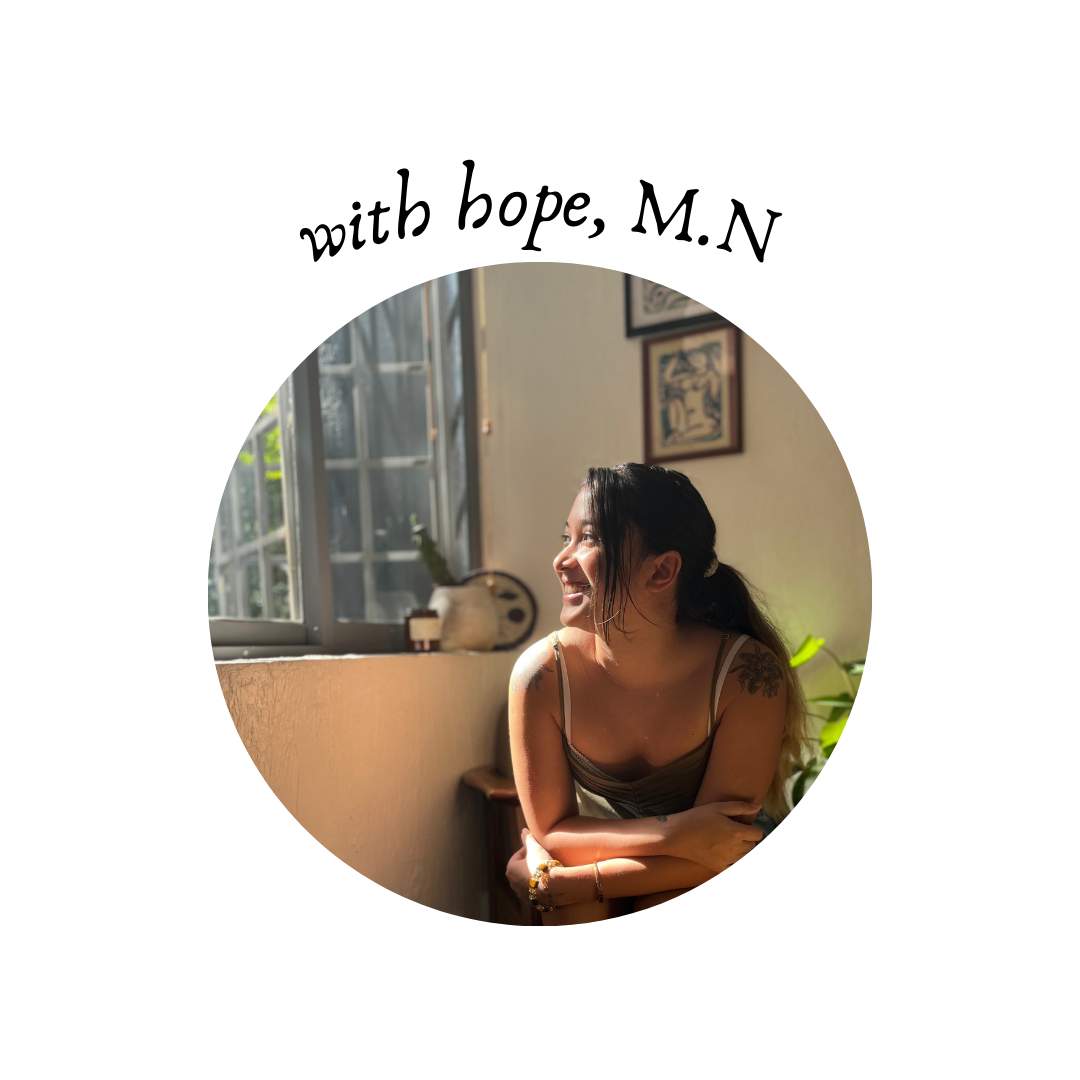In the exhalations of Americans there is a crumbling empire
Etel Adnan and writing poetry against empire
When anything can happen on the page, can we write freedom into existence?
Poetry is not a luxury, Audre Lorde’s spirit reminds us. Lorde wrote that poetry “is a vital necessity of our existence. It forms the quality of the light within which we predicate our hopes and dreams toward survival and change, first made into language, then into idea, then into tangible action.”1
But what happens when we write in English, which is so easily co-opted by the Establishment?
English has no teeth. It is the language of imperialism. It subsumes all other languages. It takes words from distant places and cultures and makes them legible under its banner. Writing in English against empire creates a sad paradox. As Ella Shohat wrote in her essay “The Alphabet of Dispossession,” who among the displaced can write the word return in English, and will they “be allowed to inscribe it on a document of civilization?”2 Speaking in English does not guarantee us the right to be heard. For Palestinian refugees, English allows them to speak about their dispossession but does not permit an end to that cycle of dispossession.
I’m faced with this paradox particularly as a writer. As a diasporic Filipino, English is the only language I can express my deepest emotions and thoughts with. American colonization systematically erased what would have been my mother tongue and thrust English upon thousands of children like me. For me, it is either English or silence.
Etel Adnan wrote years ago: in the exhalations of Americans there is a crumbling empire.3 I take this to mean that even without words, empire is naturally crumbling every day.
Poetry, at least, gives diasporic writers a voice that is not so easily co-opted. Poetry is itself another language that subverts expectations and transforms meaning beyond typical English. Through metaphor, poets are able to create portals for the reader to embody multiple places and perspectives at once. Poetry forces us to see things we’ve been conditioned not to see. Poetry grounds us, plants us, roots us, brings us that much closer to the politics English attempts to co-opt and therefore neutralize.
And it’s important to note: poetry doesn’t always have to be understood. Whenever I write good poetry, I’m in a state of mind like dreaming. Whenever I read good poetry, I’m put in a trance. If someone doesn’t understand a poem, the poem wasn’t meant for them. Simple as that.
As I wrote this letter throughout the week, Israel’s war advanced in the Middle East to destroy parts of Tehran, Iran. U.S. President Trump had a lot of things to say about it, some stupid, some appalling.4 This itself was not news, but it was still concerning, to say the least. I took Trump’s words about Iran and made an erasure poem from it, shifting the focus to an Iranian hiding amidst the destruction caused by U.S.-Israel.
I figured that the poem fits well in this letter about poetry against co-optation and empire. Erasure poetry is its own brand of subversion. What I enjoy most about writing erasure poems is finding words out of an imperfect or problematic text. It is just like being forced to use English—we have to find the precise words from a problematic language to convey our colonized and dispossessed rage, sorrow, and hope.
Being perfect is not the goal, but even the lack of right language, and the silence we let sit from that lack, is a powerful way to communicate.
Skies Over Iran
If you felt moved or inspired by this letter, please consider supporting my work here.
“Poetry Is Not a Luxury” by Audre Lorde (1985).
“Alphabet of Dispossession” p. 180. On the Arab-Jew, Palestine, and Other Displacements by Ella Shohat. Published by Pluto Press (2017).
“Trump threatens Iran's supreme leader, escalating his rhetoric about the conflict.” Franco Ordoñez, NPR (June 2025).





Beautiful. Necessary. Moving. Inspiring.
"What I enjoy most about writing erasure poems is finding words out of an imperfect or problematic text. It is just like being forced to use English—we have to find the precise words from a problematic language to convey our colonized and dispossessed rage, sorrow, and hope." oh Yessss. as another fellow filipino forced to use English from a very young age, thank you for putting it into words <3